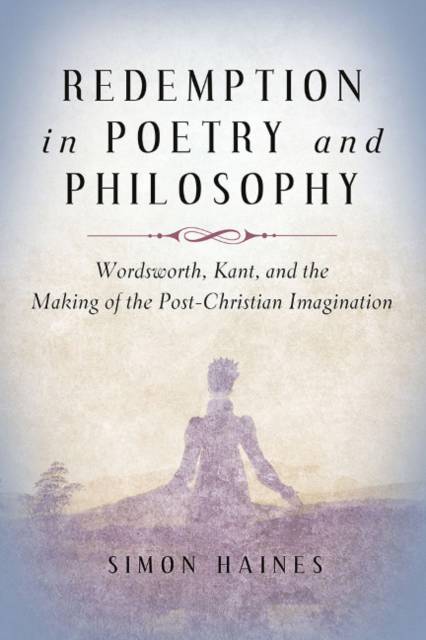
- Retrait gratuit dans votre magasin Club
- 7.000.000 titres dans notre catalogue
- Payer en toute sécurité
- Toujours un magasin près de chez vous
- Retrait gratuit dans votre magasin Club
- 7.000.0000 titres dans notre catalogue
- Payer en toute sécurité
- Toujours un magasin près de chez vous
Redemption in Poetry and Philosophy
Wordsworth, Kant, and the Making of the Post-Christian Imagination
Simon HainesDescription
A biblical understanding of redemption requires the sacrificial death of Jesus. In the post-Christian world envisioned by Jean-Jacques Rousseau and his Enlightenment contemporaries, the Christ-centric source of redemption disappears, though the human need for salvation remains. Redemption in Poetry and Philosophy explores how this need for redemption is realized in the post-Christian poetics of William Wordsworth and philosophical imagination of Immanuel Kant. Simon Haines critiques the secular modes of salvation articulated by each figure to illustrate the shortcomings of modern, post-Christian imagination. Redemption in Poetry and Philosophy highlights the ways in which prose allegedly serves as a redemptive agent for nonbelievers in the modern age, but also engenders dangerous notions of self-redemption in contemporary Christians.
Spécifications
Parties prenantes
- Auteur(s) :
- Editeur:
Contenu
- Nombre de pages :
- 269
- Langue:
- Anglais
- Collection :
Caractéristiques
- EAN:
- 9781602587793
- Date de parution :
- 01-08-13
- Format:
- Livre relié
- Format numérique:
- Genaaid
- Dimensions :
- 152 mm x 229 mm
- Poids :
- 589 g

Les avis
Nous publions uniquement les avis qui respectent les conditions requises. Consultez nos conditions pour les avis.






